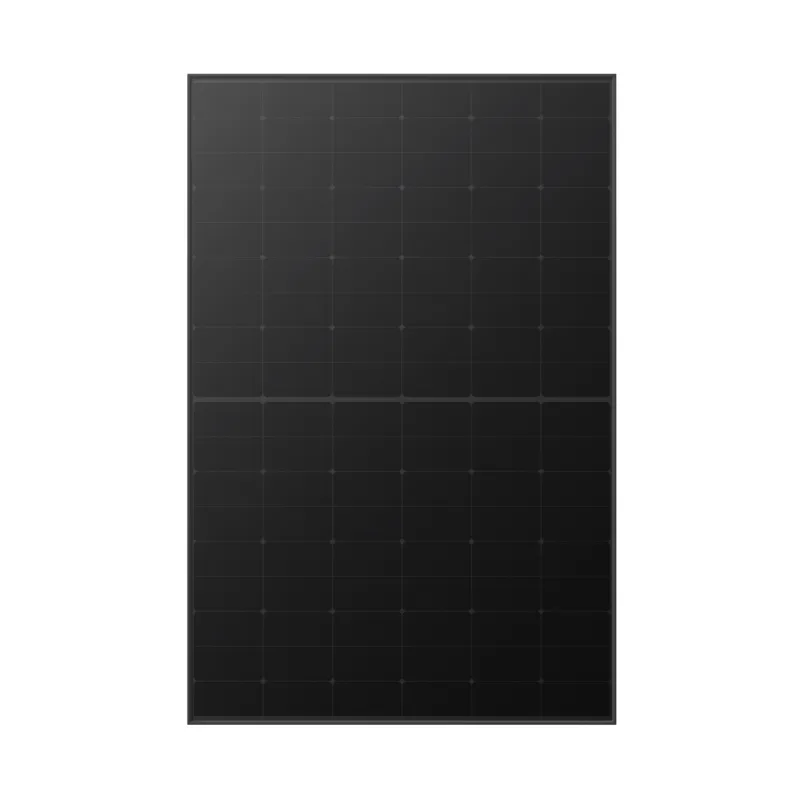Designing Efficient Solar Energy Conversion Systems for Sustainable Power Generation
Exploring the Future of Solar Converters Harnessing the Power of the Sun
As the world increasingly shifts towards renewable energy sources, solar power has emerged as one of the most promising alternatives to fossil fuels. Central to this evolution are solar converters, devices that convert sunlight into usable energy. This article delves into the significance of solar converters, their types, advancements, and the future landscape of solar energy technology.
Understanding Solar Converters
Solar converters primarily come in two forms photovoltaic (PV) systems and solar thermal systems.
1. Photovoltaic Systems PV systems utilize solar panels composed of solar cells, predominantly made from silicon. When sunlight hits these solar cells, it creates an electric field that generates direct current (DC) electricity. This is then often converted to alternating current (AC) through an inverter, making it compatible with the electrical grid. PV technology is versatile, capable of being deployed on rooftops, integrated into building materials, or in large solar farm setups.
2. Solar Thermal Systems Unlike PV systems, solar thermal systems convert sunlight into heat rather than electricity. These systems harness solar energy to heat a fluid, which can then be used for heating applications or to produce steam that drives turbines for electricity generation. They are particularly effective for residential heating, hot water production, and industrial applications.
Advancements in Solar Converter Technology
The solar energy sector has witnessed significant advancements in technology, leading to increased efficiency and reduced costs. In recent years, several innovations have emerged within solar converter technology
- High-Efficiency Solar Cells Advances in materials science have led to the development of more efficient solar cells. For instance, perovskite solar cells have gained attention for their potential to achieve efficiencies exceeding 25% while being cheaper to produce than traditional silicon cells.
solar converter

- Bifacial Solar Panels These panels can capture sunlight from both the front and back sides, thus increasing energy generation without requiring additional land. They are particularly advantageous in regions with reflective surfaces like snow or sand.
- Smart Inverters Modern solar converters are equipped with smart inverters that not only convert DC to AC but also optimize energy output, enhance grid stability, and improve system performance through real-time monitoring and adjustments.
Challenges and Future Prospects
Despite the promising advancements, solar converters face several challenges that must be addressed to achieve broader adoption
- Intermittency of Solar Energy Solar energy generation is dependent on weather conditions and time of day. Solutions such as energy storage systems, which include batteries and pumped hydro storage, are critical to ensuring a stable energy supply.
- Grid Integration As more solar converters are deployed, integrating them into existing energy grids poses challenges in terms of infrastructure and energy management. Developing smart grid technologies will be essential for efficiently managing distributed energy resources.
- Environmental Impact The production and disposal of solar converters raise concerns about resource consumption and waste. Innovations in recycling and sustainable materials are necessary to enhance the overall sustainability of solar technologies.
Looking ahead, the future of solar converters is bright. With continued research and development, we can expect further innovations that will improve efficiency and sustainability. Governments and private sectors are increasingly investing in solar technology, driven by the need to transition to clean energy sources and mitigate climate change.
In conclusion, solar converters stand at the forefront of the renewable energy revolution, enabling us to harness the sun's immense power. As technology evolves and the world seeks sustainable energy solutions, solar converters will play a pivotal role in reshaping our energy landscape and ensuring a greener future. Embracing these technologies not only addresses the immediate energy needs but also contributes significantly to a more sustainable planet.
-
String Solar Inverter: The High-Efficiency Solution for Smart Solar EnergyNewsJul.14,2025
-
Revolutionizing Rooftop Energy with the Power of the Micro Solar InverterNewsJul.14,2025
-
Power Independence with Smart Off Grid Solar Inverter SolutionsNewsJul.14,2025
-
On Grid Solar Inverter: Powering the Future with Smart Grid IntegrationNewsJul.14,2025
-
Monocrystalline Solar Panels: High-Efficiency Power for the Future of Clean EnergyNewsJul.14,2025
-
Bifacial Solar Panel: A Smarter Investment for Next-Generation Energy SystemsNewsJul.14,2025







